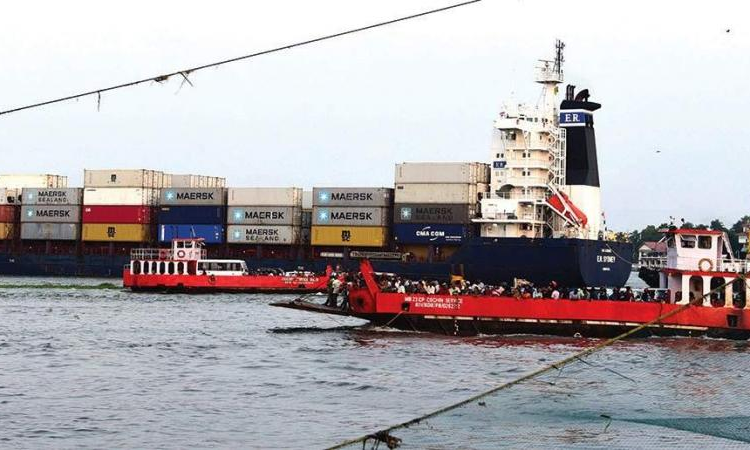Parliament Clears Bill To Replace Existing Port Trusts & Provide Greater Autonomy To Major Ports In India
Akshita Saxena
10 Feb 2021 1:49 PM IST

Next Story
10 Feb 2021 1:49 PM IST
The Rajya Sabha on Tuesday passed the Major Port Authorities Bill, 2020 to repeal the Major Port Trusts Act, 1963. The Bill seeks to provide greater autonomy, flexibility to the Major Ports in India by creating a Board of Major Port Authority for each major port and replacing the existing Port Trusts. Delete #RajyaSabha passes the #MajorPort Authorities Bill, 2020 by 84/128...
